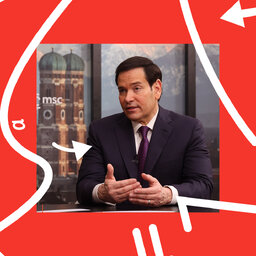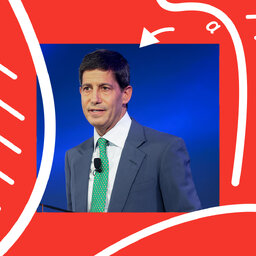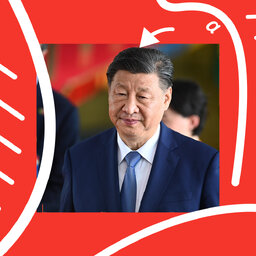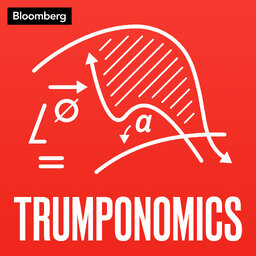On this special edition of Voternomics, we discuss the possible reasoning behind the Conservative’s decision to gamble on an earlier-than-expected vote.
In 1 playlist(s)
Trumponomics
Tariffs, crypto, deregulation, tax cuts, protectionism, are just some of the things back on the tabl…Social links
Follow podcast
Recent clips

What Munich Means for the Shifting Global Order
28:47

Understanding Kevin Warsh's Plan for the Fed
31:28

How Trump’s Year of Disruption Has Only Helped China
27:24
 Trumponomics
Trumponomics